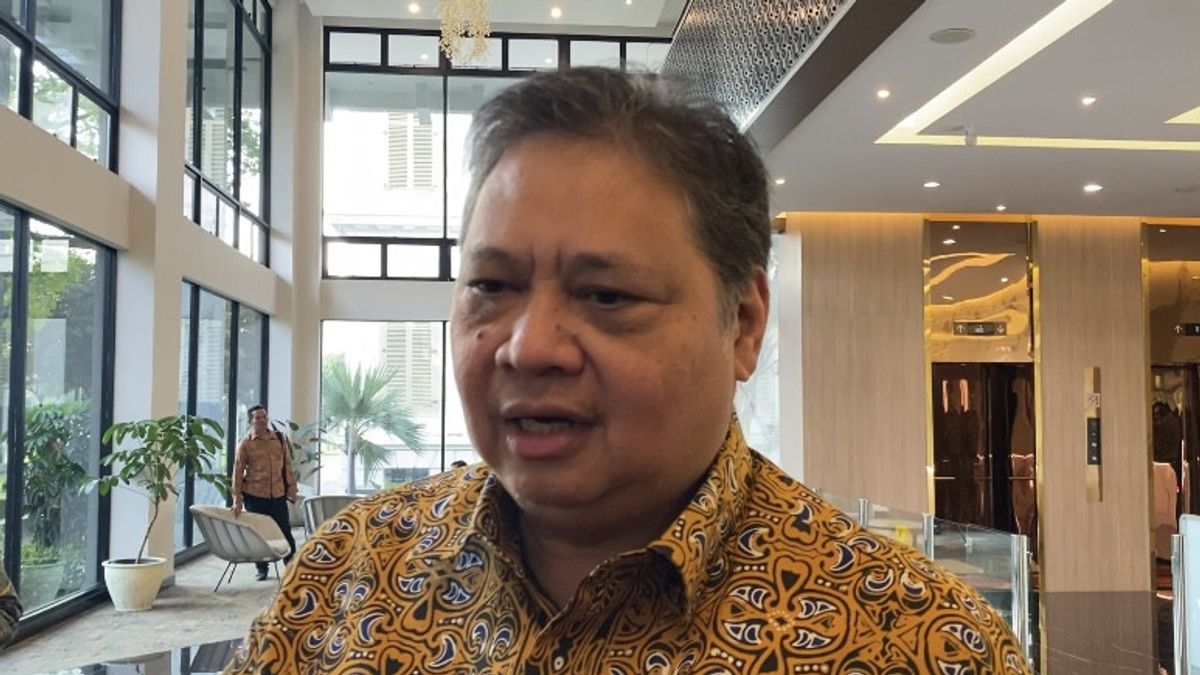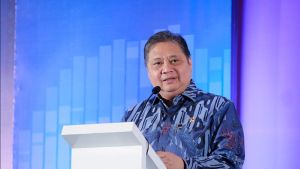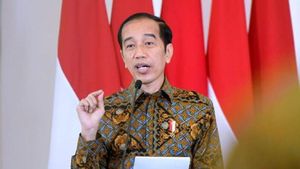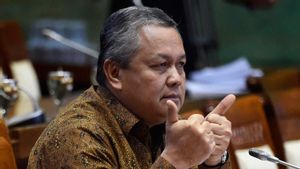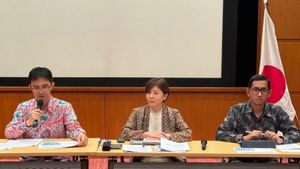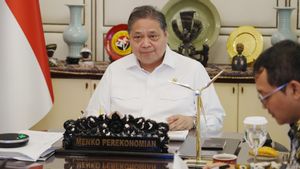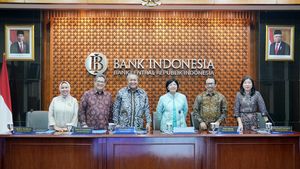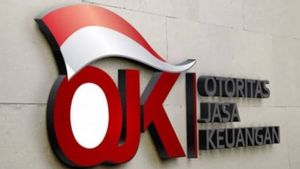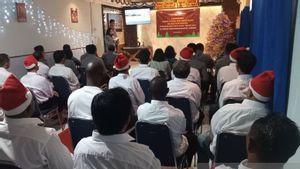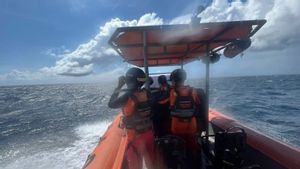Coordinating Minister for Economic Affairs Airlangga Hartarto said the Government had completed the 2030 National Digital Economy Strategy policy so that the digital sector could contribute to Indonesia's gross domestic product (GDP) will continue to increase to 20 percent by 2045.
Airlangga said the government had launched a national digital economy strategy with 6 pillars, namely infrastructure, human resources, business climate and cybersecurity, innovation research and business development, investment funding, and regulatory policies.
"This contribution is expected to increase 20 percent of our GDP in the next 10 years," he explained during the Opening Ceremony for Economics and Digital Finance (FEKDI) X Karya Kreatif Indonesia (KKI) 2024, Thursday, August 1.
Therefore, Airlangga is optimistic that Indonesia's digital economy can reach 600 billion US dollars or Rp9,733 trillion by 2030. As for the regional level, Indonesia has reached an agreement to develop the ASEAN Digital Economy Framework Agreement (DEFA) to advance digitalization and interoperability.
"With this program, it is hoped that the ASEAN economy, which is business as usual, is 1 trillion US dollars, will increase to 2 trillion US dollars. So Indonesia's digital economy in 2030, which is estimated at 360 billion US dollars, will increase to 600 billion US dollars," said Airlangga.
Airlangga said that to achieve this target, there are several conditions that need to be prepared, namely cross-border e-commerce and digital trade, digital ID, the mobility of digital talent, e-payment that has been carried out by BI, e-invoicing, and a safe cyber. become a local currency statement that has become an example for various other countries.
According to Airlangga, Indonesia's digital economic and financial ecosystem has made rapid progress and is able to become the locomotive of national economic growth.
Airlangga said this was reflected in several achievements in Indonesia at the global level, such as the 11th increase in World Digital Competitiveness Ranking from 56th place in 2019 to 45th place in 2023.
"The 6th rating for start-ups globally, has the most innovative start-ups or 1st place in ASEAN, and has 15 unicorns and 2 decacorns that are already worldwide," he explained.
Airlangga conveyed that various programs such as the QR Code Indonesian Standard (QRIS) also continue to be encouraged through the National Board of Inclusive Finance, collaboration of third parties such as the Strive Program (Mastercard Indonesia) and Promise 2 Impact (ILO) to improve access to financial services.
SEE ALSO:
In addition, Airlangga conveyed that the expansion of financial literacy in collaboration between Government, BI, OJK and industry was a series of efforts made to achieve the financial inclusion target of 90 percent in 2024.
According to Airlangga, this digital acceleration step is the focus of innovation and investment in the future with two things, namely first, downstreaming from semiconductors and Indonesia chosen by America in the Indo Pacific Economic Framework (IPEF) to become the seven priority countries and will be replaced by the ITSI Fund. Funds specifically for semiconductors.
"Secondly, the artificial intelligence ecosystem, this is for an increase in R&D and of course it is included in several districts that are in the innovation zone which also develops technological futuristics," said Airlangga.
The English, Chinese, Japanese, Arabic, and French versions are automatically generated by the AI. So there may still be inaccuracies in translating, please always see Indonesian as our main language. (system supported by DigitalSiber.id)
